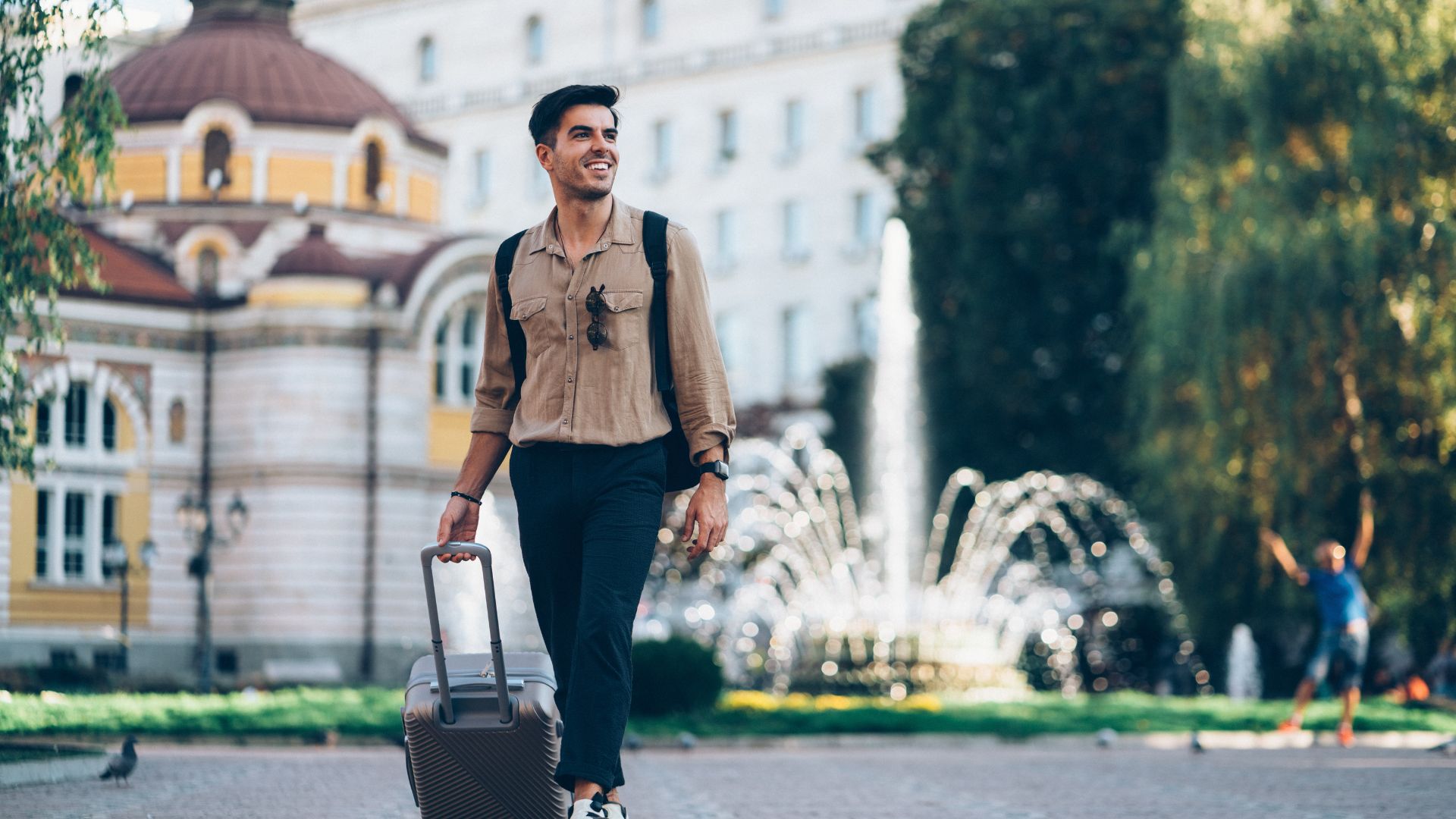When choosing a new destination, many travelers ask the same question: is it safe? Albania has quickly grown in popularity over the last decade, but for those who have never visited, the country still feels like an unknown corner of Europe. The good news is that Albania is generally a very safe country for tourists. With some common sense precautions, you can explore everything from lively Tirana to the Albanian Alps without major concerns. And if you want to make your arrival even easier, booking a Tirana airport taxi in advance can give you extra peace of mind right from the start of your trip.
General Safety in Albania
Albania enjoys a relatively low crime rate compared to other European countries. Violent crime against tourists is extremely rare, and most visits are trouble-free. Petty theft, like pickpocketing or bag snatching, can happen in crowded areas, but it is not as common as in more popular tourist hubs around Europe. To stay safe, follow the same rules you would in any large city: keep valuables close, avoid displaying large amounts of cash, and be aware of your surroundings in busy markets or bus stations.
Safety in Cities vs. Rural Areas
In Tirana, Albania’s capital, safety conditions are similar to other medium-sized European cities. The nightlife is vibrant, and most areas are safe to walk even late at night. Still, it’s smart to stay in well-lit, central streets and avoid poorly lit alleys after dark. In rural areas and mountain villages, crime rates are even lower. Travelers often highlight the hospitality of locals, who are known for their warm welcome and willingness to help visitors.
Road and Transport Safety
One of the main safety concerns for tourists in Albania is not crime, but traffic. Roads can be narrow, signage is inconsistent, and driving styles may feel aggressive compared to Western Europe. If you rent a car, drive defensively and avoid night driving on rural or mountain roads. Public transport is safe but not always well organized. Buses and minibuses (furgons) are cash-only and may not follow strict timetables, so patience is often required. For many visitors, booking a taxi in Tirana is the safest and most convenient alternative, especially if you are not used to local driving conditions.
If you are considering taxis as your primary way of moving around, you might also want to check our detailed article on how safe is to take a taxi in Albania, which covers everything you should know before booking a ride.
Solo and Female Travelers
Many solo travelers, including women, report positive experiences in Albania. Street harassment is less common than in some neighboring countries, and Albanians are generally respectful and friendly. As always, basic safety habits apply: avoid isolated areas at night, let someone know your plans, and choose well-reviewed accommodations. In Tirana and coastal resorts, international hostels and hotels offer safe environments where solo travelers can easily meet others.
Practical Safety Tips for Tourists
While Albania is generally safe, a few simple precautions can make your trip smoother. Use ATMs attached to banks rather than independent machines, especially if withdrawing large amounts of cash. Stick to bottled water in rural areas if you have a sensitive stomach, although tap water in cities is usually safe for brushing teeth. In coastal towns during peak summer, book accommodations in advance to avoid last-minute stress. When exploring the mountains, always check the weather forecast and inform your host about your route, as trails can be challenging and signage inconsistent.
Natural Hazards and Outdoor Activities
For many travelers, Albania’s main attraction is its nature—whether hiking in Valbona and Theth, or enjoying the beaches along the Riviera. Outdoor activities are safe if approached with basic preparation. In the mountains, trails are rugged and sometimes steep, so proper footwear is essential. During summer, temperatures in southern Albania can exceed 35°C, making hydration crucial. Earthquakes occasionally occur in the Balkans, but serious incidents are rare.
Health and Emergency Services
Pharmacies are common in cities, and many pharmacists speak English. Basic medications are easy to find, though if you rely on prescription medicine, bring enough for your trip. Hospitals in Tirana offer acceptable care for routine issues, but facilities in rural areas are limited. Emergency numbers are 112 (general emergencies) and 129 (police).
Final Thoughts
Albania is a welcoming and safe destination, with fewer risks than many travelers expect. By following basic travel habits and staying prepared, you can enjoy everything the country has to offer without worry. If you are planning your next visit to Albania, feel free to contact us and we will be glad to assist you during your trip.
Frequently Asked Questions
Is Albania safe for tourists?
Yes. Albania is generally safe, with low violent crime rates. Most visits are problem-free if you follow normal travel precautions.
Is Albania safe for solo female travelers?
Yes. Many women travel solo without issues. As in any country, avoid isolated areas at night and use reputable accommodation.
Is Albania safe at night?
In Tirana and coastal cities, central areas are safe to walk in at night. Stick to well-lit streets and avoid poorly lit alleys.
Is public transport in Albania safe?
Yes, buses and minibuses (furgons) are safe but can be disorganized. Always pay in cash and be patient with schedules.
Is driving in Albania safe?
Driving is possible but can be stressful. Roads vary in quality and local drivers may be aggressive. Avoid driving at night in rural or mountain areas.
Are natural hazards a concern in Albania?
Not generally. Hiking is safe with preparation, though trails can be rough. Summers are very hot, so staying hydrated is essential.



Comments are closed